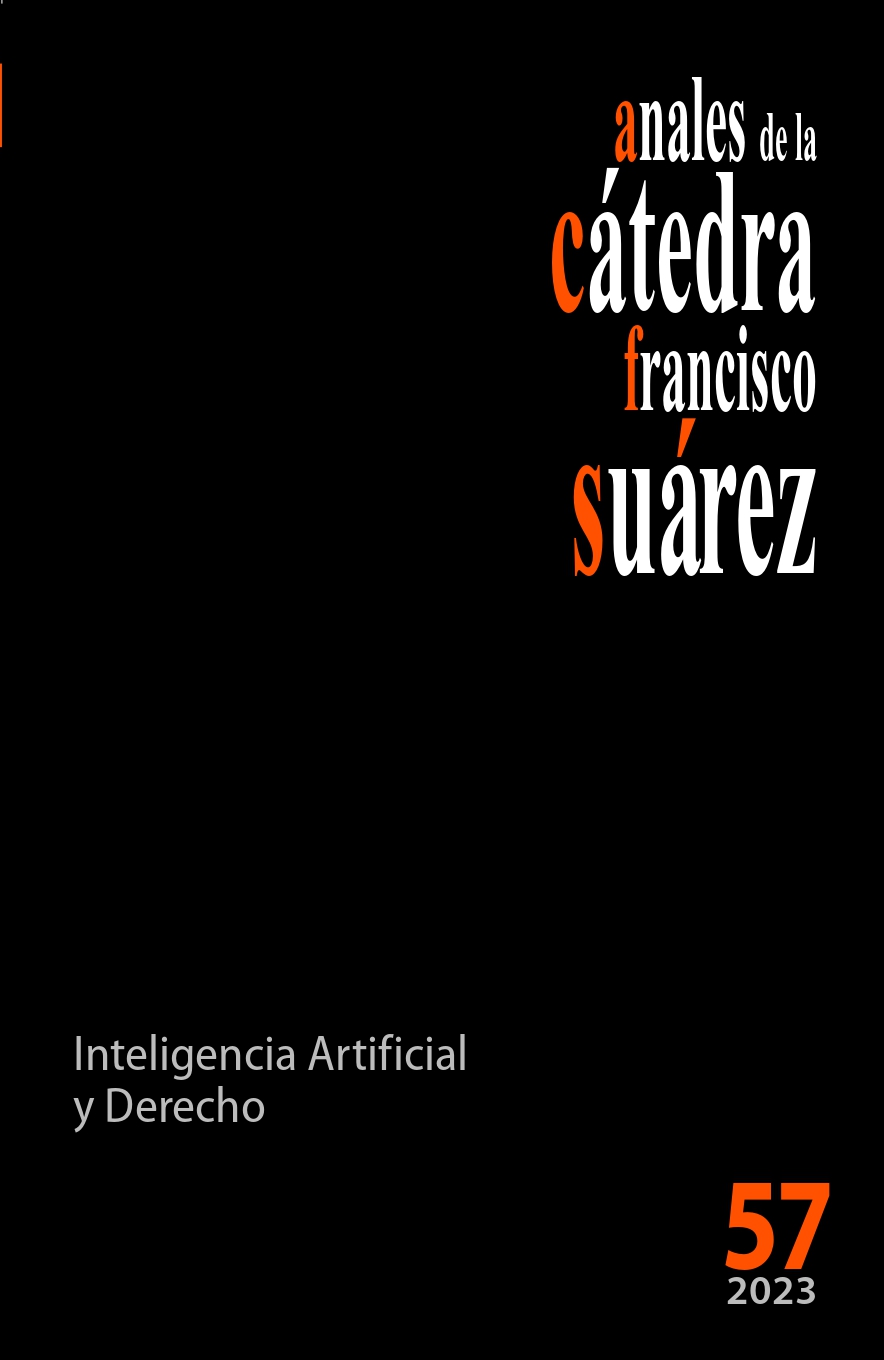Algorithmic Governance, Explanation by Design and Design Justice
DOI:
https://doi.org/10.30827/acfs.v57i.25976Keywords:
Compliance, Design, Design Justice, Artificial Intelligence, GovernanceAbstract
Despite the countless benefits, there are several criticisms and concerns regarding the use of Artificial Intelligence (AI), especially in Brazil, where so far there is no federal legislation in force, the existing state legislations and the PL currently being voted in Congress, such as PL 21/20, are flawed and incomplete, especially regarding some applications of AI that involve high risks to fundamental rights and freedoms, besides often bringing a potential bias, duplicating or potentiating the existing institutionalized racism in society or other forms of discrimination. There is a codified inequity propitiating unjust infrastructures, however, where there is power there is resistance, and in this sense one has to point to the importance of counter-codifications based on solidarity and that rethink justice, that is, an emancipatory approach to technology. This is the necessary paradigmatic change, and being necessary, it has to be possible, and should be sought with the utmost effort. These are true forms of resistance, such as abolitionist instruments for the “New Jim Code”, new forms of race, gender and class discrimination existing through the use of new technologies, in the sense of justice-oriented design practices.
Downloads
References
Abrusio, Juliana (2020). Proteção de Dados na Cultura do Algoritmo. Editora D’Plácido.
Becker, Isabela Ferrari (2019). Accountability de Algoritmos: a falácia do acesso ao código e caminhos para uma explicabilidade efetiva, ITSRIO, https://itsrio.org/wp-content/uploads/2019/03/Isabela-Ferrari.pdf.
Benjamin, Ruha (2019. Race After Technology: Abolitionist Tools for the New Jim Code. Polity Press.
Cantarini, Paola (2021). O teatro Filosófico de Foucault e o Direito. Tesis de Doctorado en Filosofía. PUCSP.
Cantarini, Paola (2020). Teoria Fundamental do Direito digital: uma análise filosófico-constitucional. Clube de Autores.
Cantarini, Paola y Guerra Filho, Willis S. (2020). Teoria inclusiva dos direitos fundamentais e direito digital. Clube de Autores.
Davis, Angela (2011). Are Prisons Obsolete? Seven Stories Press.
Davis, Angela (2005). Abolition Democracy. Beyond Empire. Prisons, and Torture, Seven Stories Press.
Deleuze, G. (2013). Conversações, tradução de Peter Pál Pelbart, São Paulo: Editora 34.
Eubanks, Virginia (2017). Automating Inequality: How High-Tech Tools Profile, Police, and Punish the Poor. St. Martin’s Press.
Ferraz Júnior (2016). Tércio Sampaio. Teoria da Norma Jurídica. Editora Atlas.
Floridi, Luciano (2021). The end of an era: from self-regulation to hard law for the digital industry (November 9, 2021). Available at SSRN: https://ssrn.com/abstract=3959766 or http://dx.doi.org/10.2139/ssrn.3959766.
Foucault, M. (2012). Em defesa da sociedade. WMF Martins Fontes; 2.ª edição.
Foucault, M. (2010). Nascimento da biopolítica. Edições 70.
Foucault, M. (2006). A hermenêutica do sujeito; cursos ministrados no Collége de France (1981-1982). São Paulo: Martins Fontes.
Foucault, M. (2005). História da sexualidade I: a vontade de saber. Trad. e org. de Roberto Machado. 16. ed., Rio de Janeiro: Graal.
Foucault, M. (1972). A arqueologia do saber. Petrópolis/Lisboa, Vozes/Centro do Livro Brasileiro.
Jonas, Hans (2015). O princípio responsabilidade: ensaio de uma ética para a civilização tecnológica. Rio de Janeiro: Contraponto.
Han, Byung-Chul (2022). Non-things: Upheaval in the Lifeworld. Polity.
Hoffmann-Riem, Wolfgang (2021). Teoria Geral do Direito Digital. Forense.
Hoffmann-Riem, Wolfgang (2020). Big Data e Inteligência Artificial: Desafios para o Direito, Revista Estudos Institucionais, v. 6, n. 2, p. 431-506.
Maffesoli, Michel (2021). Ecosofia. Edições Sesc.
Mittelstadt, Brent Daniel et al. (2016).The ethics of algorithms: Mapping the debate. Big Data & Society, 1-21.
Noble, Safiya Umoja (2018). Algorithms of Oppression: How Search Engines Reinforce Racism. NYU Press.
O’Neil, Cathy (2021). Algoritmos de Destruiçao em Massa, Editora Rua do Sabão.
Pasquale, Frank (2015). The black box society: The secret algorithms that control money and information. Harvard University Press.
Santos, Boaventura de Sousa (2003). Reconhecer para libertar. Os caminhos do cosmopolitismo multicultural. Rio de Janeiro: Editora Civilizaçã o Brasileira.
Santos, Boaventura de Sousa y Meneses, Maria Paula (orgs.) (2010). Epistemologias do Sul. São Paulo: Editora Cortez.
Teubner, Gunther (1989). O direito como sistema autopoietico. Tradução e prefácio de Jose Engrácia Antunes, Lisboa: Fundação Gulbenkian.
Zuboff, Shoshana (2020). The Age of Surveillance Capitalism: The Fight for a Human Future at the New Frontier of Power. PublicAffairs.
Downloads
Published
How to Cite
Issue
Section
License
Authors are the owners of the rights to their works. ACFS requests that publication notice on ACFS is disclosed if they appear later in another place.

















